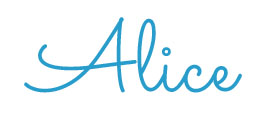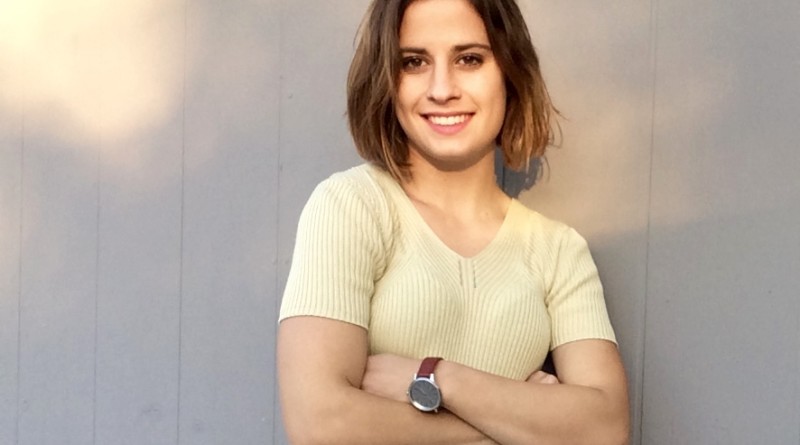Madeleine
By Makella Brems
When Madeleine laughs, she reveals a mouthful of shiny metal fillings that cap more of her molars than not. This doesn’t stop her from enjoying the regular bags of Sour Patch Kids, Jolly Ranchers, Airheads, and Hershey’s chocolates she brings with her to our after-school meetings. Our lessons never begin until we’ve both munched on our snacks, and even then, they may not begin for another several minutes if Madeleine can help it.
I have been meeting with Madeleine every Thursday after school for two years. In 2015, Madeleine and I were matched up through an organization, Uncommon Good, which works to encourage academically driven, underprivileged kids to excel in school and pursue higher education. Madeleine, looking for someone to help her with reading and writing, and I, looking to spend time with someone other than college students, happened to have enough in common based on an interview survey to be paired up. As I spent more time with Madeleine, it became clear that the similarities between us went far beyond the basic compatibility questions of the survey. It was a perfect match, serendipitous even.
Madeleine collects rocks and minerals. I collect rocks and minerals. I take her to the Gems and Minerals exhibit at the Los Angeles History Museum. Madeleine finds potty humor hilarious. I find potty humor hilarious. I show her the Captain Underpants comic book series. Madeleine likes to tease. I like to tease. We call each other names: “You big nerd!” “You little stink!” “Weirdo.” “Goofball.” Madeleine’s house is too small to have friends stay over. My house was too small to have friends stay over. We laugh about sharing one bathroom with the whole family. Madeleine isn’t sure if she can go to a good college. I didn’t think I could go to a good college. I show her my campus and my dorm and explain how I found a way to do it.
When we meet at the Claremont McKenna College library every Thursday to work on reading and writing, Madeleine comes equipped with a procrastination arsenal:
A new riddle – “If you’re on a plane that’s burning and crashing, where do you come out? … You don’t know it, seriously? Oh my god it’s so easy. A kindergartener could get it. You’re thinking too much, nerd…Okay, okay. You come out in the news!”
A story about gym class – “Alfonso got hit in the head with a basketball today AGAIN.”
A new toy – “It’s a 3D puzzle. You have to untangle all the loops from each other. No not like that! Oh my god. But you don’t know how to put it back together now do you?”
It’s a ceremonial tug-of-war that we both know will eventually end in her pulling out her homework and starting it. On days when she doesn’t have homework, I bring short stories for us to read out loud. After finishing Ray Bradbury’s “All Summer in a Day,” she exasperatingly cried, “Ugh! Why do you always pick the stories with sad endings?” A couple moments later she conceded, “That was a pretty good story.”
Madeleine tells me that she reads at school while the teacher is talking. I ask if this gets her into trouble. She says no “because the teacher knows that I pay attention anyway and I do everything she asks.” Madeleine’s classmates seem to care infinitely less about school than she. “Our teacher is always yelling at somebody … So, I read.”
When we first started meeting, Madeleine was in fourth grade and did not know the difference between cities, states, and countries. Madeleine can solve complex math problems in seconds and give insightful interpretations of literary symbols, but she lacks basic knowledge about geography and sentence structure. I can’t help but be upset at the disparity between how little she learns in school and how great her capacity for learning is. So much time has already been lost to her in relation to her peers attending affluent public schools and private schools. Madeleine’s parents care deeply about her development. They take her to music lessons, writing workshops, and her meetings with me, but they speak little English and so have to work doubly hard to break the barriers to entry for their daughter’s education. Unlike so many girls in her neighborhood, Madeleine and her family are fighting.
It is February 2017, our last semester together before I graduate and likely move away. Madeleine is now in 6th grade. The most testing years are yet to come for her. Alcohol, drugs, boys, apathy — how will Madeleine stand up to these temptations? Does she have the tools and the willpower to stay above it all, or at least climb back out after a plunge?
A couple weeks after I broke my nose in a soccer game, Madeleine commented on the gash that would certainly turn into a scar on my face, “You don’t have many scars, huh?” She shows me a fleshy white scar across her elbow. “My mom says to be proud of your scars. They make you strong.”
Makella is a senior at Claremont McKenna College in California where she studies government and foreign affairs. She was born and raised in Phoenix, Arizona. Makella loves longboarding, whiskey, and the Alabama Shakes.

